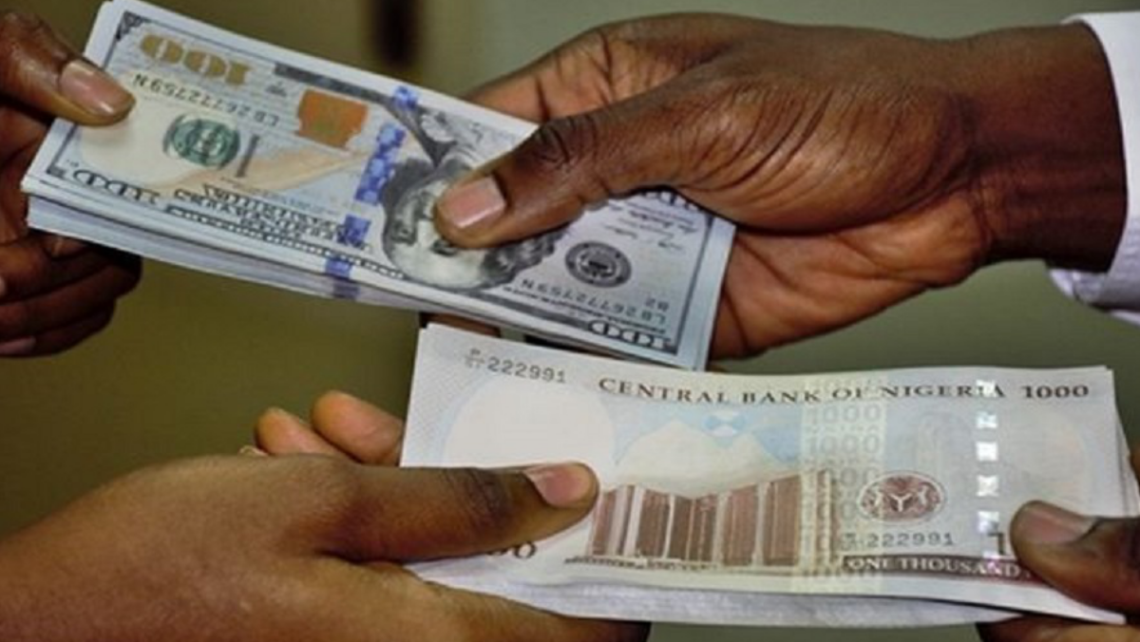In a challenging economic landscape, the Naira remains precariously positioned, trading near its lows in both the peer-to-peer (P2P) and physical black markets. Simultaneously, the dollar hovers around five-month lows, creating an environment of heightened uncertainty. The speculation surrounding the Federal Reserve cutting interest rates in 2024, fueled by weak U.S. inflation data, adds further complexity to the dollar’s fluctuation.
As public holidays close the official foreign exchange (FX) market, the Naira traded at approximately N1,202 against the dollar in the P2P market on Tuesday. However, subdued trading volumes, attributed to year-end holidays in major markets, coupled with a light economic release schedule in the U.S. financial market, offered few new cues for market participants.
Persistent dollar shortages in the official market have pushed the Naira’s official exchange rate towards parallel market levels, with the local currency exchanging at a lower rate of N1,233/$ in the physical market. Despite the Nigerian government’s commitment to boosting supply, the FX liquidity crunch remains a persistent challenge.
The dollar index’s descent to its lowest point in five months intensifies as the European Central Bank and the Bank of England express hesitancy regarding interest rate cuts. While weak global growth may provide some support to the dollar in the first quarter of 2024, expectations linger of sustained pressure against major currencies until year-end.
Technical indicators suggest that the Naira might have some respite, given the lack of solidity in U.S. index support. The anticipation of a rate cut in March, reaching 80 per cent, continues to weigh on the dollar.
The negative outlook of the Stochastic RSI and the downward trend of short-term EMA values hint at the possibility of the DXY falling to around 101 index points.
The market’s anticipation of a Fed rate cut in March 2024 is fueled by recent data showing a decrease in U.S. prices in November and a drop in the annual inflation increase below 3 per cent. The Fed’s contemplation of rate reduction, coupled with inflation concerns, has influenced the dollar’s value, shaping trading dynamics in both global and Nigerian markets.





